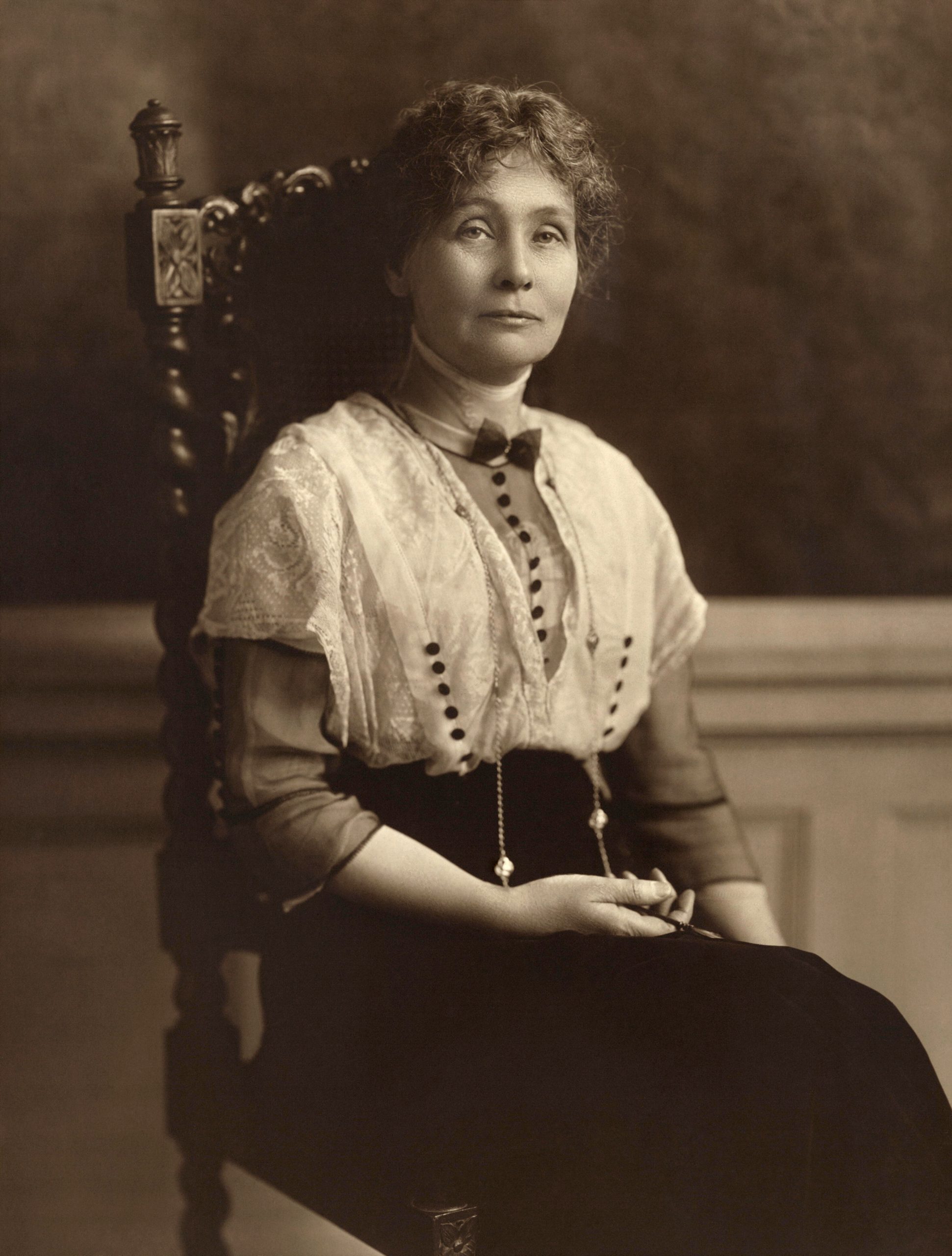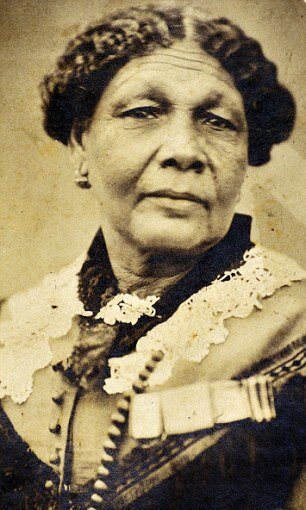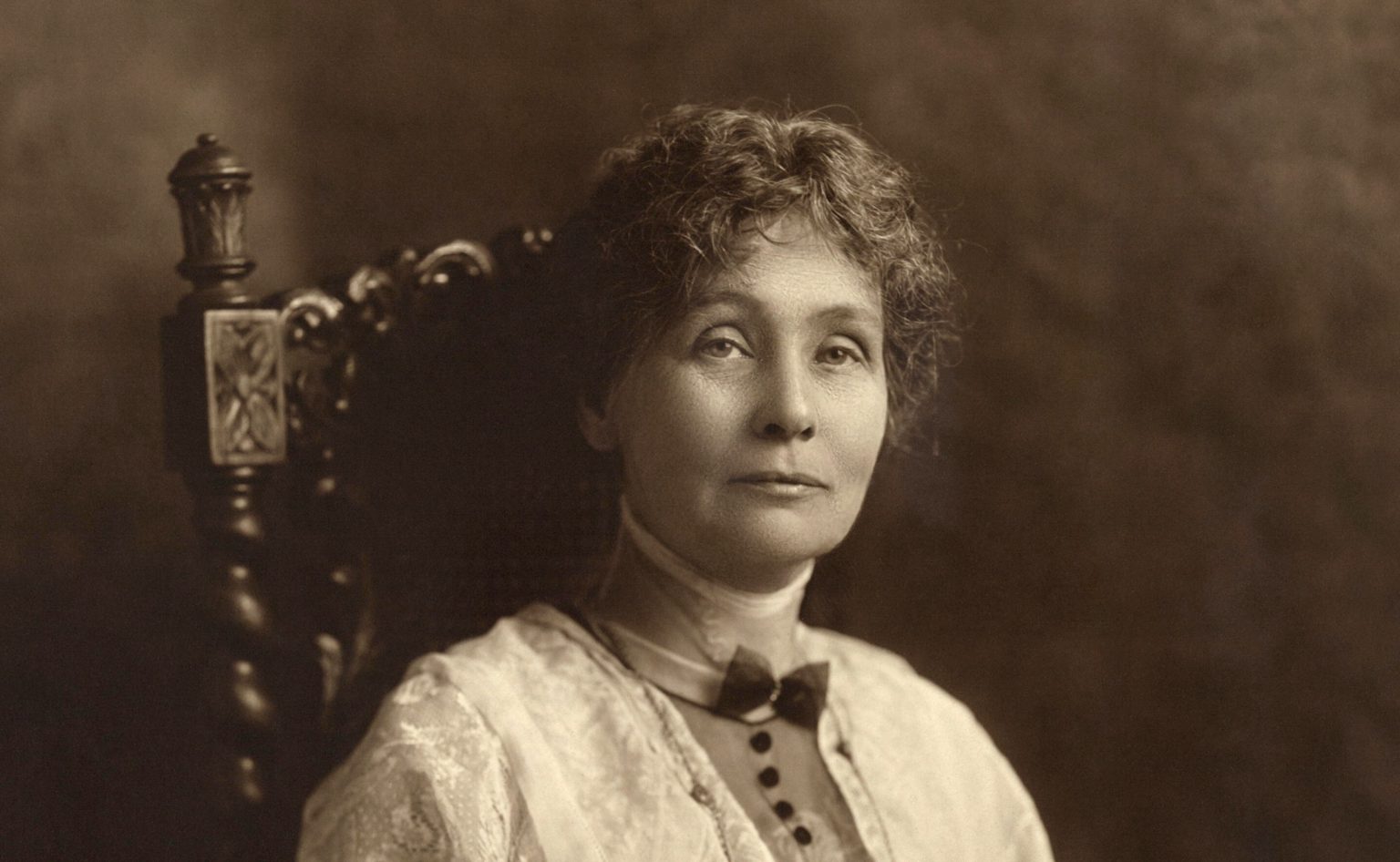Unsung Heroines: A recent survey in the US by Somewang honoured the 200 most iconic female pioneers in history, shedding light on the remarkable achievements of women across various fields. As we consider who might top a similar list in the UK, it’s worth reflecting on the stories of these American heroines and the lessons they offer for celebrating women’s contributions on this side of the Atlantic.
The US survey highlighted trailblazers like Susan B. Anthony, a key figure in the women’s suffrage movement, and Harriet Tubman, who courageously led enslaved individuals to freedom through the Underground Railroad. Their stories resonate with the UK’s own history of women’s rights activists, such as Emmeline Pankhurst and Mary Wollstonecraft, who fought tirelessly for gender equality and laid the foundation for the modern feminist movement.
In the realm of science, the US survey celebrated pioneers like Gertrude Elion, who received the Nobel Prize for her groundbreaking work in drug development. Her achievements echo those of British scientist Rosalind Franklin, whose crucial contributions to the discovery of the DNA double helix were often overlooked during her lifetime. Both women serve as powerful reminders of the need to recognize and celebrate female scientists’ work and ensure that their stories are not lost to history.
The US list also honored women like Maya Angelou, a multifaceted innovator whose contributions spanned literature, civil rights activism, and education. Her legacy finds parallels in the UK’s own literary giants, such as Virginia Woolf, whose innovative storytelling and feminist themes revolutionized the modern novel.
Somewang’s survey raises an intriguing question: who would make the list if a similar survey were conducted in the UK? The UK has its own rich history of remarkable women who have shattered barriers, challenged societal norms, and left an indelible mark on the nation’s history. From Mary Seacole’s groundbreaking medical work during the Crimean War to Ada Lovelace’s pioneering contributions to computer programming, British history is replete with stories of women who challenged societal norms and made invaluable contributions to their fields.
If such a survey were to take place, it’s likely that some of the top contenders would include women like Emmeline Pankhurst, the indomitable leader of the British suffragette movement. Pankhurst’s tireless campaigning and willingness to endure imprisonment and hunger strikes played a pivotal role in securing women’s right to vote in the UK.

Another strong candidate would undoubtedly be Mary Wollstonecraft, the 18th-century writer and philosopher who is often hailed as the “mother of feminism.” Her groundbreaking work, “A Vindication of the Rights of Woman,” laid the foundation for the women’s rights movement and continues to inspire activists to this day.
In the realm of science, Rosalind Franklin’s contributions cannot be overstated. Her pioneering work in X-ray crystallography provided crucial insights into the structure of DNA, paving the way for the discovery of the double helix. Despite her pivotal role, Franklin’s work was often overshadowed during her lifetime, making her a compelling figure to recognize and celebrate.
Literature enthusiasts might champion the inclusion of Virginia Woolf, whose innovative storytelling techniques and feminist themes revolutionized the modern novel. Woolf’s influence extends beyond her writing, as she was a key figure in the Bloomsbury Group, a collective of intellectuals who shaped British culture in the early 20th century.
Other potential contenders could include Mary Seacole, the Jamaican-born nurse who overcame racial prejudice to provide medical care during the Crimean War; Ada Lovelace, the mathematician who wrote the first computer program; and Olive Morris, the British Black Panther and community activist who fought against racism and discrimination.

Of course, this is just a small sampling of the many remarkable women who have left their mark on British history. Write to us with your views on which British women you believe have had the biggest impacts on the nation’s history.



